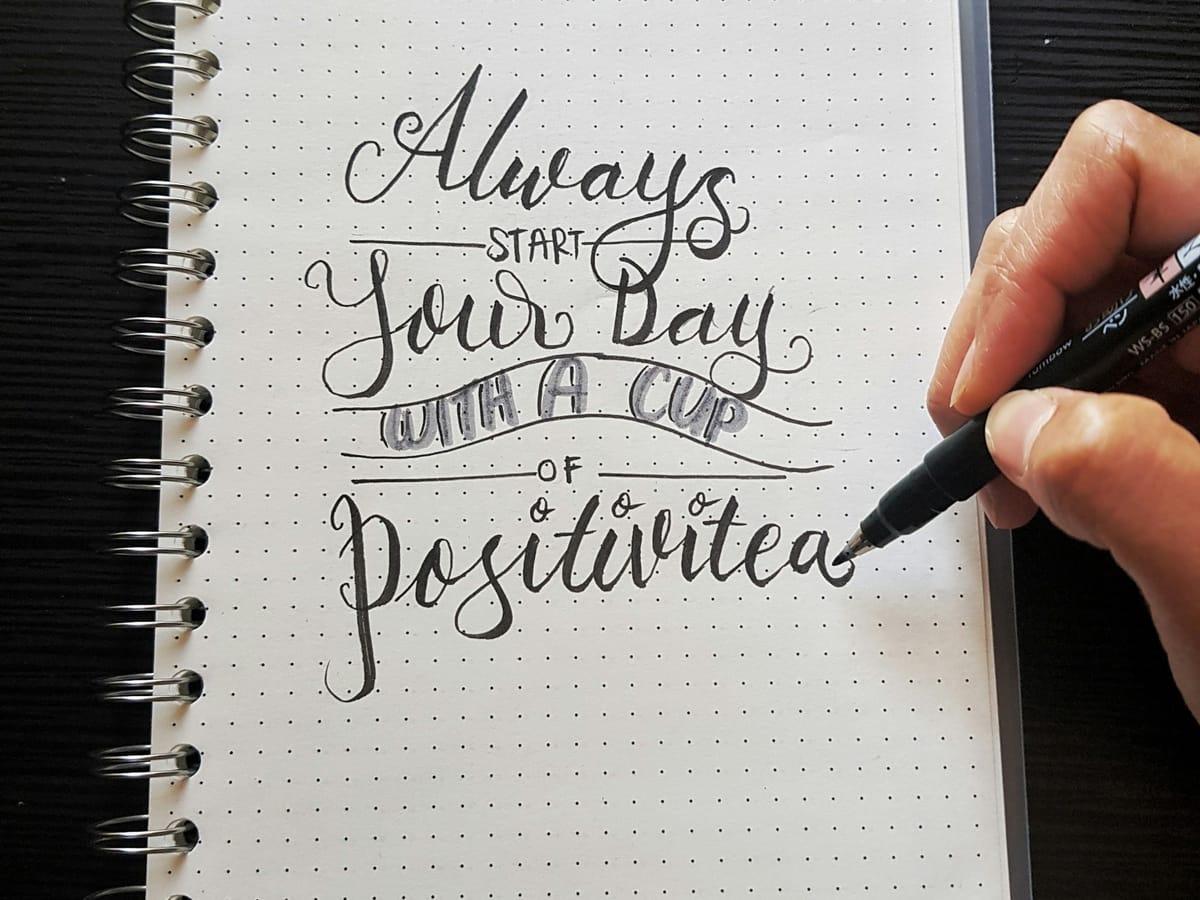Prioritizing Self-Care as a Caregiver: Unveiling the Challenge
As a caregiver, it's important to prioritize your own health and well-being. Learn how to make self care a priority and find balance in your caregiving responsibilities.

The concept of self-care often sounds like an enigma to caregivers, leaving them wondering how to carve out time for themselves amidst their demanding roles. It's a question many ask: How can I focus on my well-being while simultaneously attending to the needs of my aging parents? The hours in a day seem insufficient to tackle both. Can anyone really show me how to manage this balancing act?
Know that you're not alone in this struggle. Countless caregivers understand that caregiving is a noble calling, but it comes with an undeniable burden. Balancing the responsibility of caring for others with tending to oneself can provoke frustration and resentment. The scarcity of hours in a day echoes in the ears of many caregivers, igniting a fire of anger and unrest.
While the notion of prioritizing your own needs might appear to be an insurmountable task, it's more necessary than ever. Chronic stress and exhaustion can lead to severe health issues. A weakened immune system, making you susceptible to illnesses, is an unwelcome side effect of prolonged stress.
I often remind my clients – the dedicated family caregivers – that they are the linchpin of the caregiving dynamic. Without them, the foundation they've built crumbles. If the aim is to keep family members at home, the entire construct falters when the caregiver's health wavers. Inevitably, others must step in, potentially leading to a transition to assisted living or nursing homes.
As tough as it may be to hear, saying you have no time for yourself essentially means you're neglecting your health and emotions. While providing care is a choice, so is your personal well-being.
Did you know that 30% of family caregivers pass away before the person they're caring for? This number rises to 50% for those caring for someone with dementia. Self-care isn't just a luxury; it's a necessity. There are fundamental actions that everyone must take to ensure their overall health and functionality. This, in turn, enhances your capabilities as a caregiver. So, how can you strike a balance in the life of a caregiver?
The journey begins with reshuffling your priorities, making space for your health and wellness. I recognize that after years of caring for others and supporting fellow caregivers, this is easier said than done. The availability of respite care is limited, and familial support often falls short.
Yet, there are small steps you can take. Delve into a bubble bath or enjoy an uninterrupted shower, relish a leisurely walk outdoors, don't hesitate to see a doctor when you're unwell, and carve out time to journal – a chance to connect with your emotions and find solace.
Self-care is not a luxury; it's a necessity. Here are a few more pointers to consider:
Caring for a loved one can be overwhelming — but you're not alone. If you have questions, big or small, our expert team is here to help.
👉 Click here to Ask the Expert
You might also like this article:








